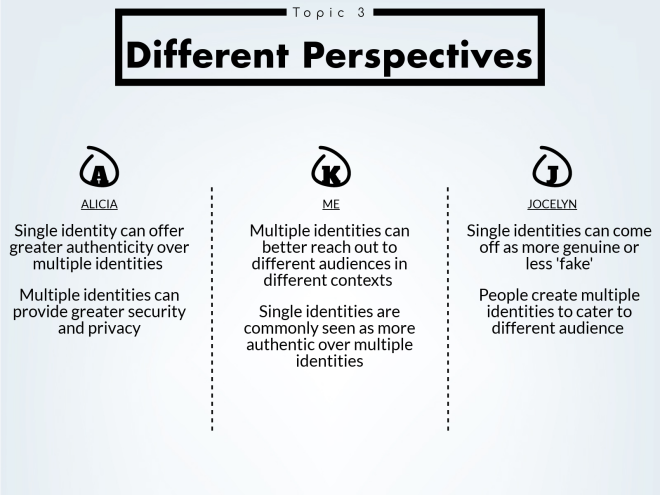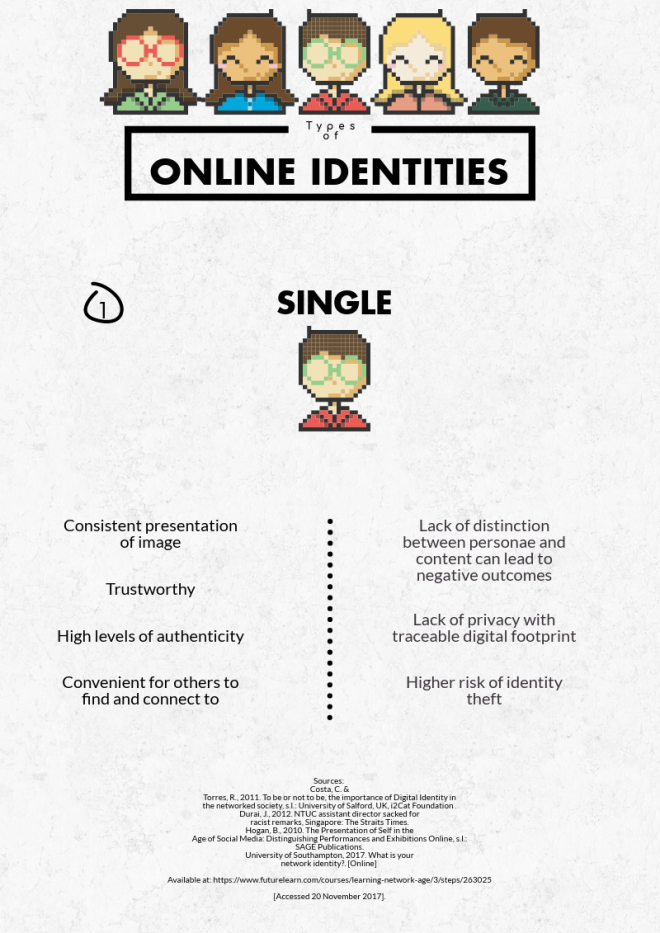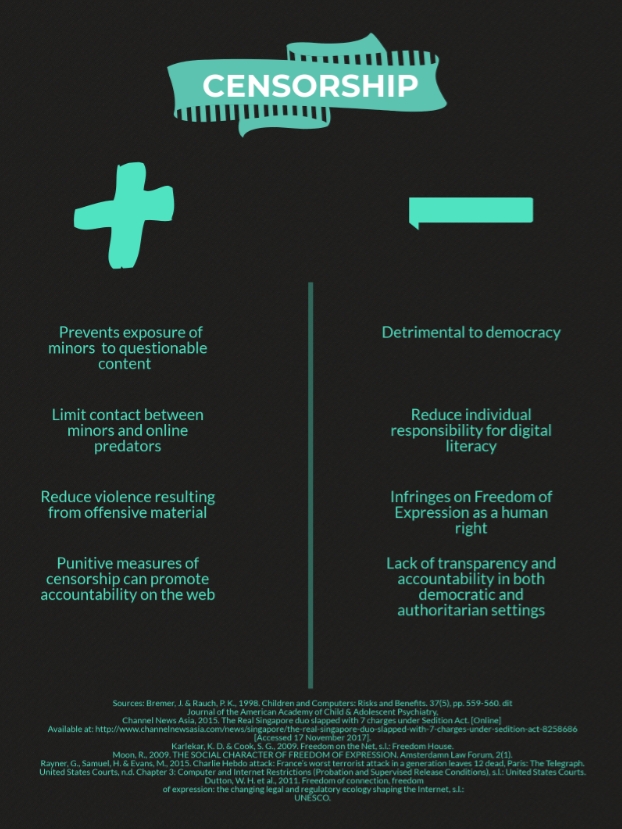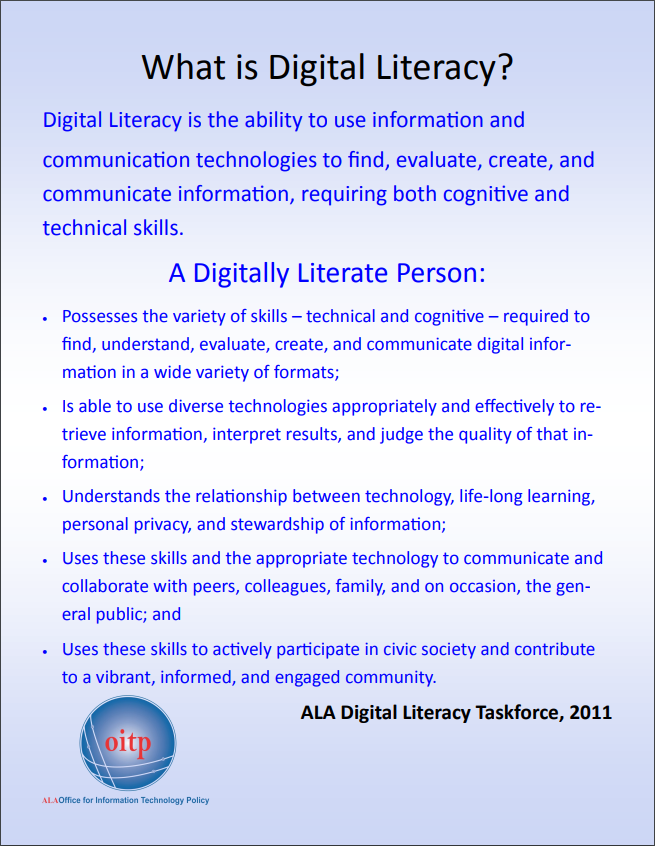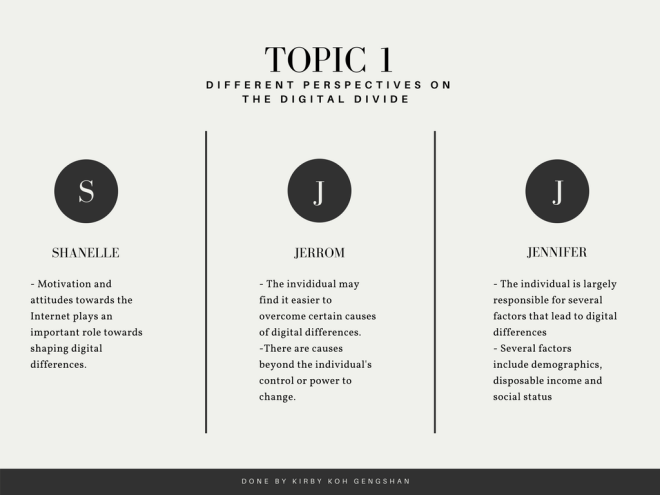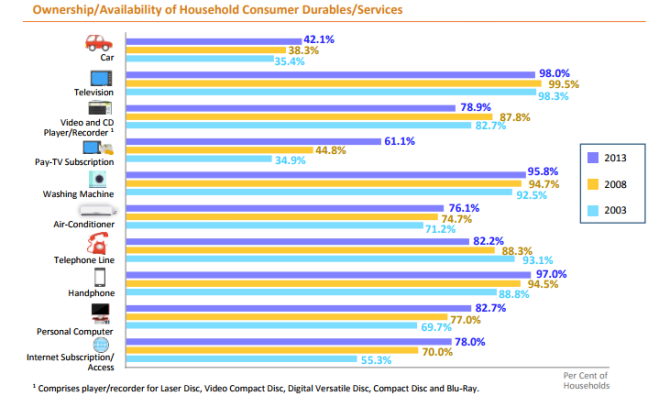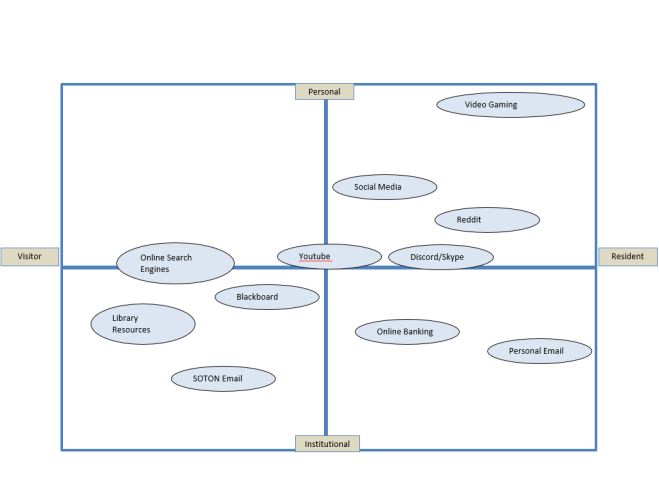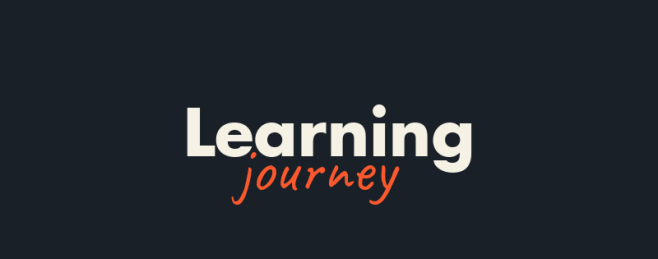
Final Reflections
This module has taught me a great deal on several topics. However, it is incomparable to the perspectives and skill-sets that I’ve been exposed to while going through this module. Some examples include research techniques and creation of online materials. Beyond proper research techniques and information literacy, I’ve learnt to consider alternate perspectives as well. An example would be how media organizations and their publications can sometimes be aligned with political agenda.
Continue reading →

